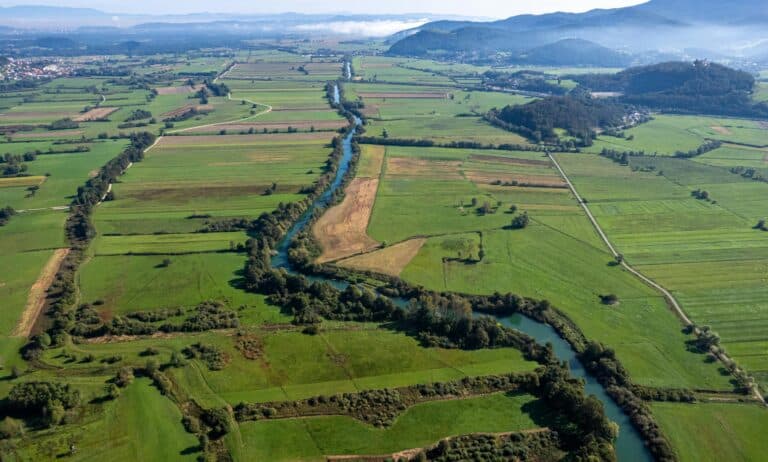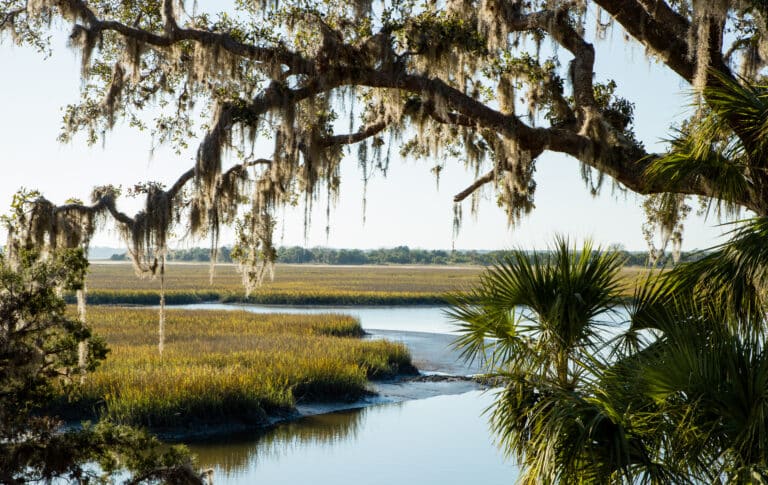Buying property overseas can be a smart investment for both personal and financial reasons, but how do you decide where to buy? There are several important things to consider, including foreign ownership laws, financing options, tax liability, and any associated costs such as surveying fees that may be required as part of the buying process. It’s also worth thinking about how a foreign property purchase fits into your overall financial plan, and—if you are buying the property for personal use—how the cost of living compares to that at home. Work with a real estate agent and attorney familiar with the language and laws of the country you are interested in to ensure you know what to expect, comply with local regulations, and don’t end up with any unpleasant surprises.
Here are 10 countries to consider if you’re in the market for international property.

Mexico
With easy access and lower living costs compared to the United States, Mexico is a popular choice among Americans seeking retirement or investment property. In-country financing for non-residents is available, and most types of property are open to foreign buyers, with the exception of ejido land (land granted to indigenous communities by the Mexican government).
Technically, foreigners are also prohibited from purchasing property within 50 kilometers of the coast or 100 kilometers of an international border. However, it is relatively easy to get around these restrictions by buying through a Mexican corporation or fiduciary trust (fideicomiso), in which a Mexican bank holds title to the property on behalf of a foreigner, who enjoy all the rights and benefits of ownership.
Of course, buyers in Mexico should pay close attention to the current security situation in different regions. Gang- and drug-related violence are concerns in some parts of the country, so real estate investors should factor this into where and if they choose to buy.
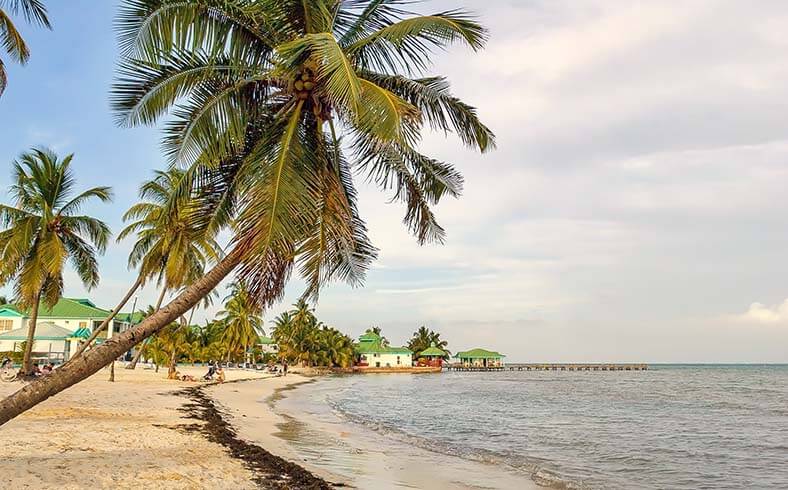
Belize
Belize has much to attract visitors, including the world’s second-longest barrier reef, lush jungles sheltering Mayan ruins, and abundant wildlife. As an English-speaking country within easy reach of the United States, it’s also a popular place for Americans to buy property. Government approval is required for foreign property purchases, but overall there are few restrictions on where you can buy. Property taxes are low, there’s no capital gains tax, and, with a fixed exchange rate of 2 BZD to 1 USD, you won’t have to worry about currency fluctuations. However, the real estate market is completely unregulated, so it’s essential to consult a specialist with experience in property purchases in Belize.
Belize makes it easy for foreign retirees aged 45 or over who meet certain income requirements to obtain residency through its Qualified Retired Persons Incentive Program, with no tax on income from sources outside the country.

Costa Rica
With a tropical climate, outstanding natural beauty, and good flight connections to the U.S., Costa Rica offers many of the same advantages as Belize. Foreigners have the same rights and protections as Costa Ricans when it comes to buying property, including being able to hold title to land. However, neither foreigners nor Costa Ricans are permitted to own or build on beaches in the Maritime Zone, which extends from the high tide mark to 200 meters inland.
Prices in Costa Rica have been rising recently but are still below those in North America and Europe. Property taxes remain extremely low, and there’s no tax on capital gains. With no licensing requirements or regulations governing the buying and selling of real estate in Costa Rica, it’s best to consult an experienced broker for help navigating the process.

Panama
Strategically located at the junction between North and South America, Panama has one of the fastest rates of economic growth in the region, in large part thanks to its famous canal, the only shortcut between the Atlantic and Pacific oceans. The country’s political stability and its use of the U.S. dollar as the national currency make it an attractive choice for international real estate, from urban property to agricultural land.
Foreigners may not own property within six miles of international borders, as well as on some islands and in certain waterfront areas. Otherwise, there are few restrictions on non-citizens buying real estate. Other reasons to consider Panama include low taxes, stable prices, and a low cost of living, as well as direct flights to the United States.
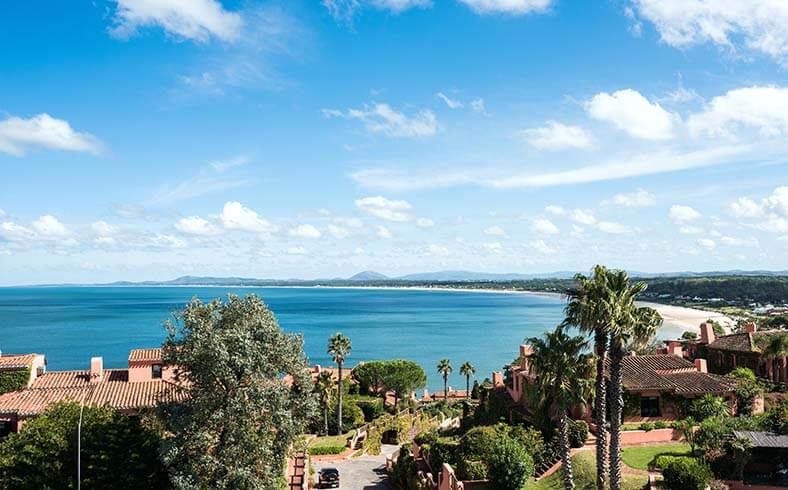
Uruguay
Wedged between two giants, Brazil and Argentina, little Uruguay is rapidly becoming South America’s international banking hub. This small, stable, democratic country welcomes foreign investment and places no controls or limits on foreign currency and exchange. There are also no restrictions on foreign ownership of property. U.S. dollars are used for all real estate transactions, though for certain taxes the value will be converted and paid in Uruguayan pesos.
Much of Uruguay is agricultural, making the country a good choice for buyers interested in purchasing farmland. The capital city, Montevideo, and the beach resort Punta del Este are popular choices for urban property.
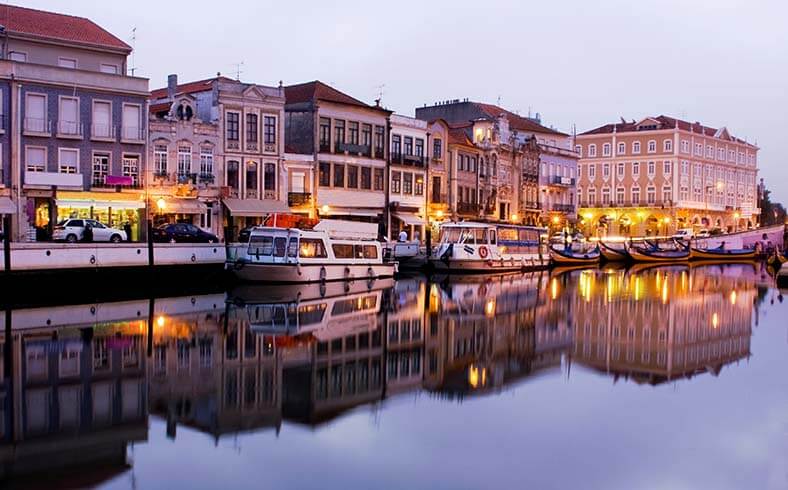
Portugal
With its temperate climate, relaxed culture, and relatively low cost of living by European standards, Portugal is rapidly growing in popularity with visitors and property buyers. The country is one of Europe’s best values for real estate purchases, with strong potential for high rental yields. Its location on the Atlantic coast keeps Portugal cooler in summer than the sometimes sweltering Mediterranean region. The Algarve coast has some of southern Europe’s most beautiful coastline at reasonable prices, while certain neighborhoods in Lisbon still offer good value.
Portugal has a Golden Visa program that offers Portuguese residency and a fast track to Portuguese (EU) citizenship with no relocation requirement for anyone who invests a certain amount in Portuguese real estate. Mortgages are available to non-residents.
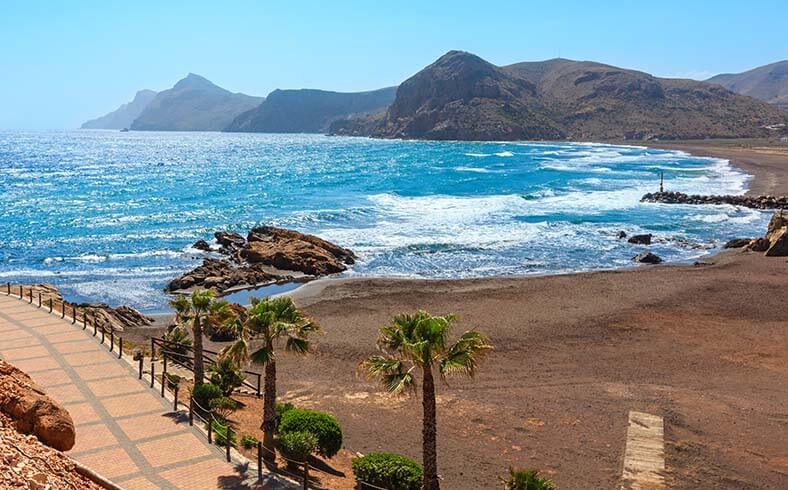
Spain
Apart from military land and land near international borders, foreigners can purchase property freely in Spain and are eligible for in-country mortgages. Reasonable real estate prices, a laid-back lifestyle, attractive climate, and a favorable cost of living compared to many other parts of Europe add to Spain’s appeal. Some of the best deals can be found along the Costa Blanca.
Adopt due diligence and thoroughly research any plot of land you are considering to make sure you are aware of applicable planning regulations and any potential future development or established informal usage patterns that may affect the property’s long-term value.
Like its neighbor Portugal, Spain offers a Golden Visa program of residency through investment.
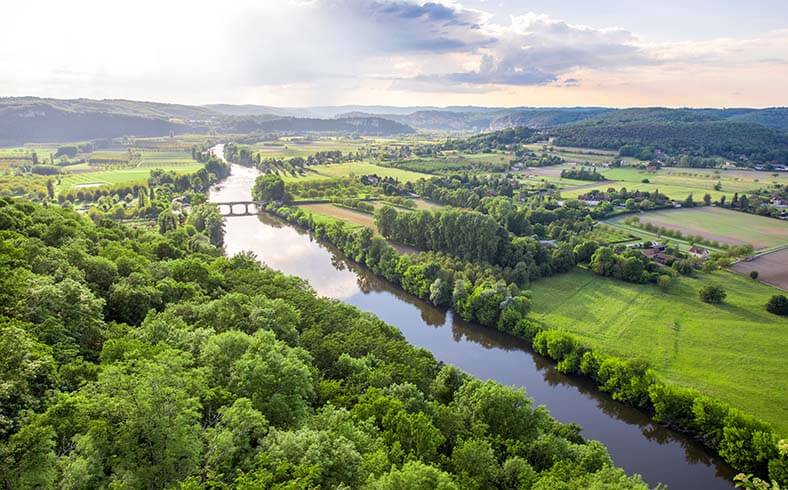
France
With its rich history, culture, and cuisine, France is a perennial favorite for international property purchases. Although the country has a reputation for bureaucracy, foreigners have the same rights as French citizens to buy real estate and are eligible for in-country financing at low interest rates.
France’s diverse geography makes for a wide range of real estate options. Good deals can be found in various parts of the country, including Brittany, the Dordogne, and the southwestern regions of Occitanie and Nouvelle-Aquitaine. Make sure you fully understand the likely future costs of maintaining or improving your property before you sign on the dotted line, as these may not be immediately obvious.
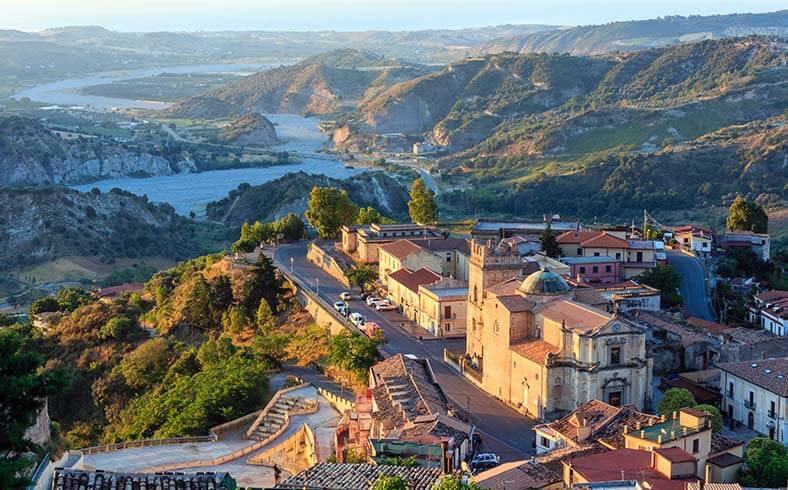
Italy
Another country where many people dream of owning property is Italy, which permits foreigners to purchase property freely provided they are citizens of the European Union or another country with a reciprocal ownership agreement, such as the United States. Property purchases follow a strict procedure, which is straightforward but bureaucratic.
Finding the right property to purchase can take time, especially since Italian homes and land are usually passed down from generation to generation. Rather than focusing on well-known, expensive regions such as Tuscany, consider less touristic locations such as Abruzzo, Calabria, and Le Marche. With patience, and a bit of effort, good deals can be found throughout the country.
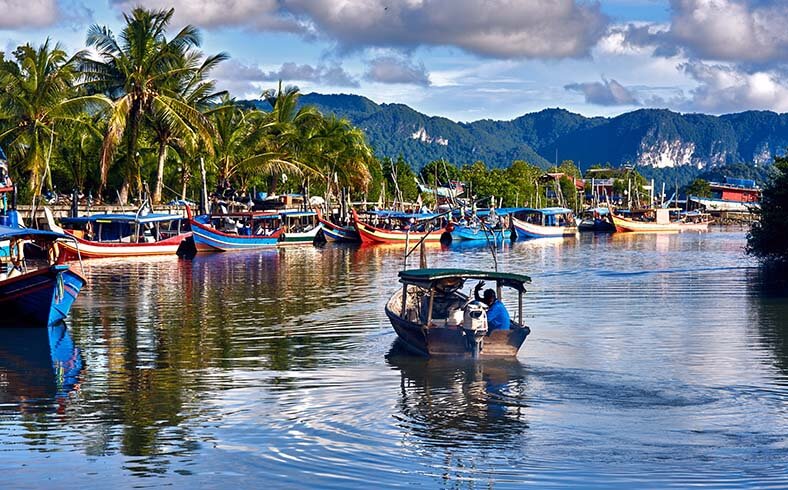
Malaysia
If Asia is calling to you, consider Malaysia. Bordering Singapore, but without Singapore’s high prices, the country offers one of the best property markets in Asia. Malaysia enjoys a tropical climate and low cost of living, as well as affordable property prices and favorable conditions for foreign ownership. English is widely spoken, and the country generally follows Western banking customs.
The Malaysian government welcomes international investors, who are generally permitted to buy land on a freehold basis provided certain conditions, including a minimum purchase price, are met. Specific regulations vary from state to state, but apart from property on Malay Reserve Land, foreigners can generally purchase most types of land with approval from the relevant state authorities.

